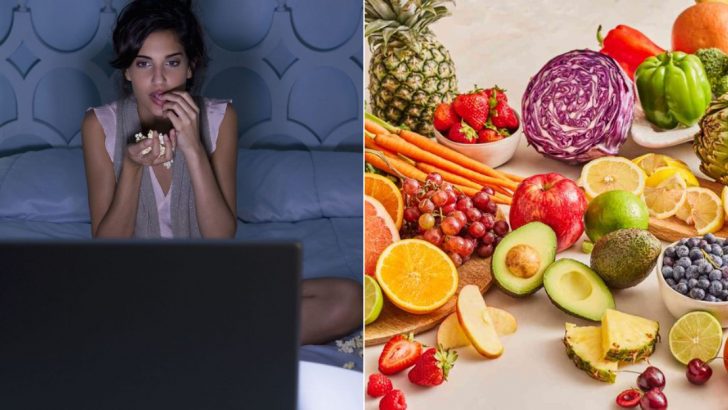Turns out, food myths age like unrefrigerated mayo. From bananas “growing on trees” (spoiler: they don’t) to MSG being blamed for every headache since 1987, these 16 popular food misconceptions are the culinary equivalent of flat earth theories—just tastier.
Prepare to have your kitchen confidence shaken, stirred, and possibly sautéed in truth.
1. Carrots Give You Superhero Night Vision
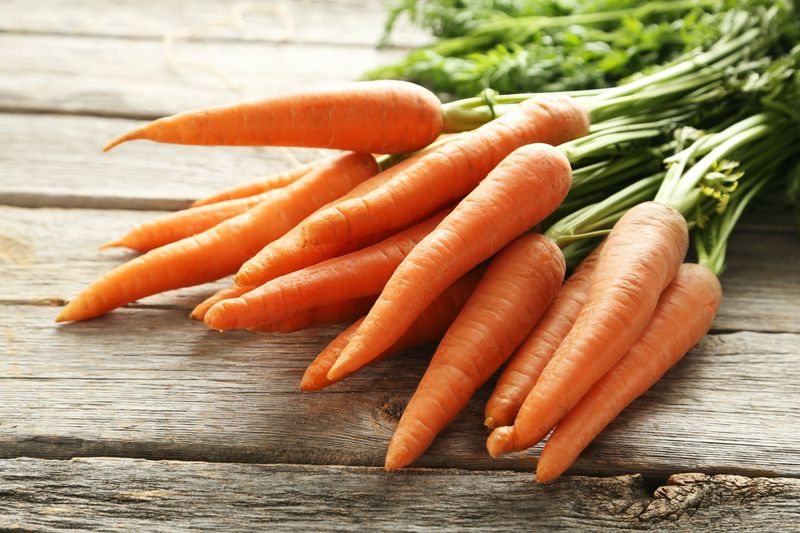
Contrary to popular belief, munching on carrots won’t transform you into a nocturnal superhero! This myth originated during WWII when British pilots used radar to spot enemy planes.
The government spread rumors about carrot consumption to keep their radar technology secret. While carrots contain vitamin A that supports eye health, they won’t help you see in complete darkness.
2. Sugar Makes Kids Hyperactive

What if I told you that sugar doesn’t actually turn your kids into tiny tornadoes? Multiple scientific studies have thoroughly debunked this widespread parental fear!
The perceived “sugar rush” is more likely due to excitement at parties or special occasions where sugary treats are served. Parents often notice hyperactive behavior because they’re specifically looking for it after sugar consumption.
3. Coffee Stunts Your Growth

Generations of kids have been warned: “Coffee will stunt your growth!” However, science has found zero evidence supporting this tall tale.
Though caffeine isn’t recommended for children due to sleep disruption and potential dependency, it has no effect on bone development or final adult height. This myth likely started because coffee was once associated with other growth-affecting habits like smoking.
4. MSG Causes Headaches And Illness
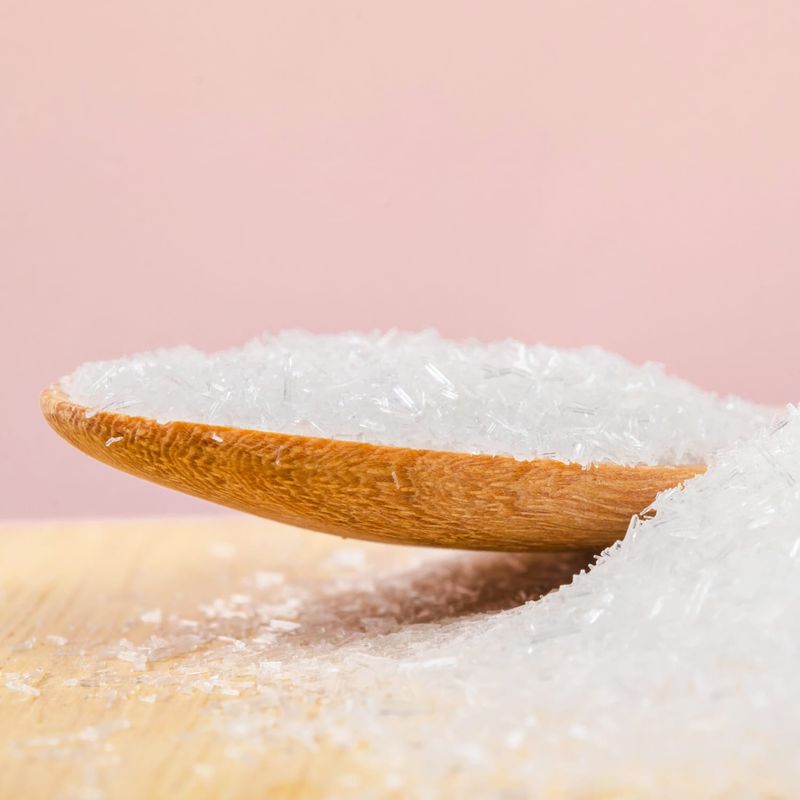
Monosodium glutamate (MSG) has been unfairly demonized since the 1960s! The infamous “Chinese Restaurant Syndrome” sparked fears that persist today, despite lacking scientific backing.
Countless blind studies show people who claim MSG sensitivity can’t actually detect when they’ve consumed it. The FDA and numerous global health organizations have declared MSG generally safe for consumption.
5. Microwaving Food Destroys All Nutrients

Zapping your broccoli in the microwave doesn’t turn it into nutritional wasteland! Microwaving actually preserves nutrients better than many cooking methods because it cooks quickly with minimal water.
Boiling vegetables leaches more vitamins into cooking water than microwaving does. The radiation in microwaves simply causes water molecules to vibrate, creating heat—it doesn’t make food radioactive or dangerous.
6. Eating Late At Night Makes You Gain Weight

Ever been told that midnight snacking goes straight to your waistline? The truth might surprise you! Weight gain isn’t about when you eat but how many total calories you consume throughout the day.
Late-night eating gets a bad rap because people often munch on high-calorie comfort foods while watching TV. Your body doesn’t have a magical calorie-processing cutoff time that turns everything to fat after dark.
7. Brown Sugar Is Healthier Than White Sugar
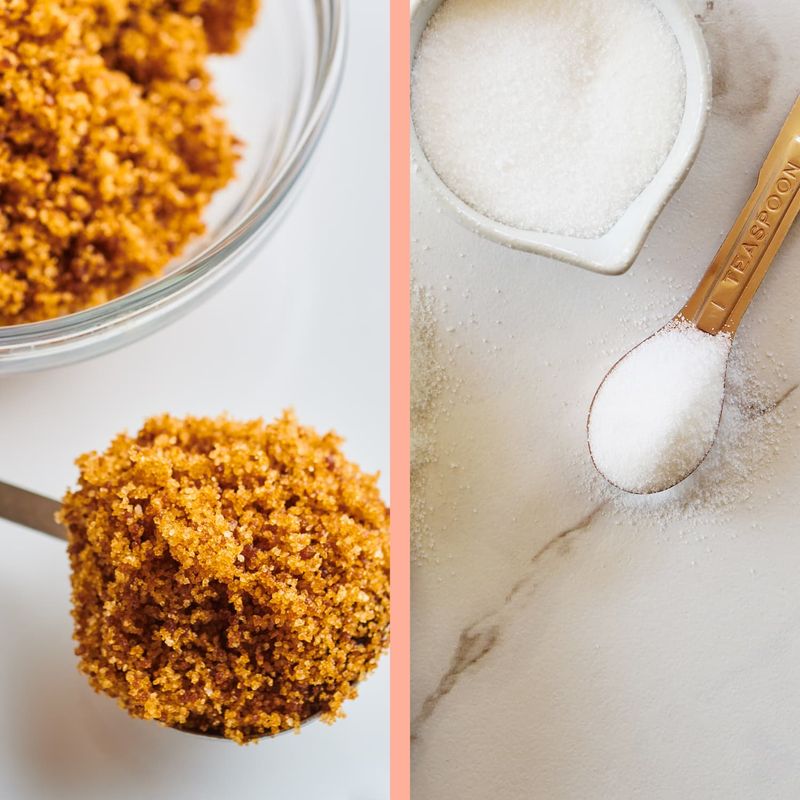
Brown sugar masquerades as a healthy food, but don’t be fooled by its earthy appearance! It’s essentially white sugar with a tiny bit of molasses added back in.
The nutritional difference? Practically zilch. Brown sugar contains minuscule amounts of minerals from molasses, but not enough to provide any meaningful health benefits. Your body processes both types virtually identically. Share this sweet revelation!
8. Organic Foods Are Pesticide-Free
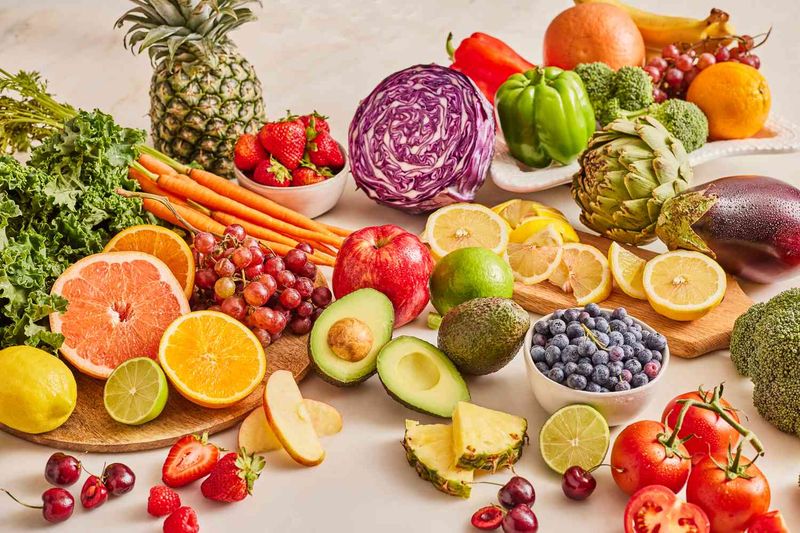
Surprise! Organic farming actually DOES use pesticides—they’re just derived from natural sources rather than synthesized in labs. Some organic-approved pesticides can be just as harmful to the environment as conventional ones.
The difference lies in origin, not necessarily safety or environmental impact. Organic farms typically use a wider variety of pest management techniques, but “organic” doesn’t automatically mean “chemical-free” or even “safer.”
9. Fresh Vegetables Are Always More Nutritious Than Frozen
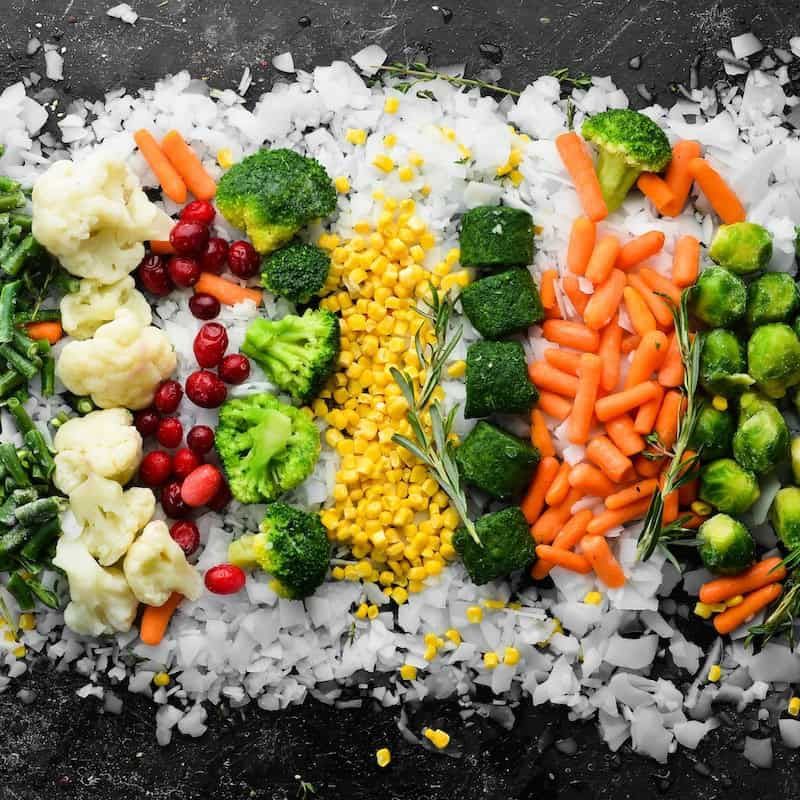
Fresh isn’t always best! Frozen vegetables are typically flash-frozen at peak ripeness, locking in nutrients that “fresh” vegetables lose during transportation and storage.
By the time those “fresh” green beans reach your plate after sitting in trucks, warehouses, and grocery shelves for days, they’ve lost significant nutritional value. Meanwhile, their frozen counterparts maintain most vitamins and minerals from harvest day.
10. Eggs Raise Your Cholesterol Dangerously
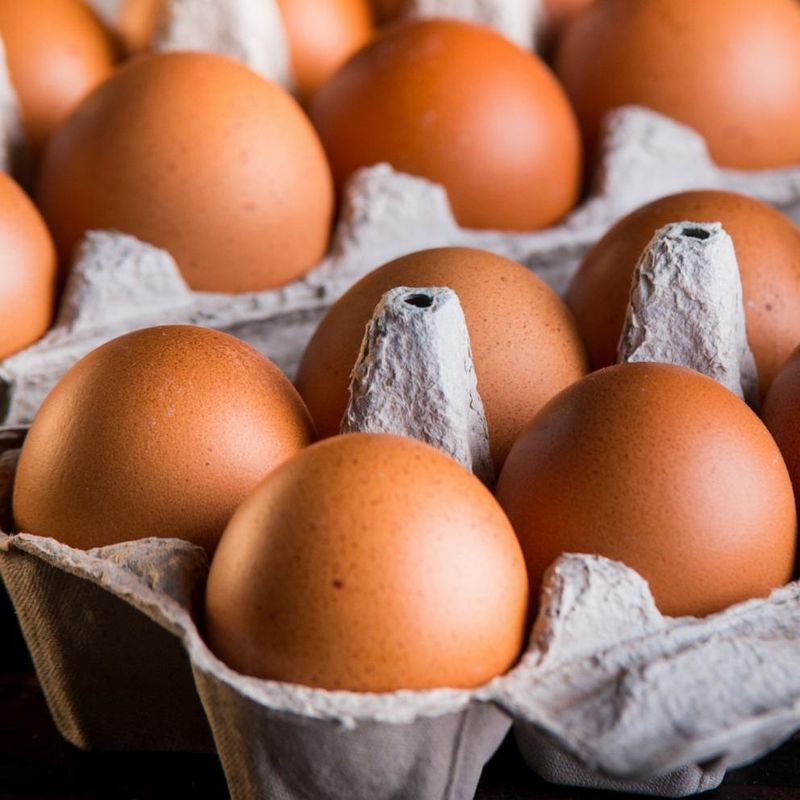
For decades, eggs were breakfast villains accused of cholesterol crimes they didn’t commit! Modern research has cracked this myth wide open.
Though egg yolks contain cholesterol, they don’t significantly impact blood cholesterol levels in most people. Your liver actually produces less cholesterol when you eat it from food sources. Eggs provide high-quality protein and essential nutrients that benefit overall health.
11. Gluten-Free Foods Are Automatically Healthier
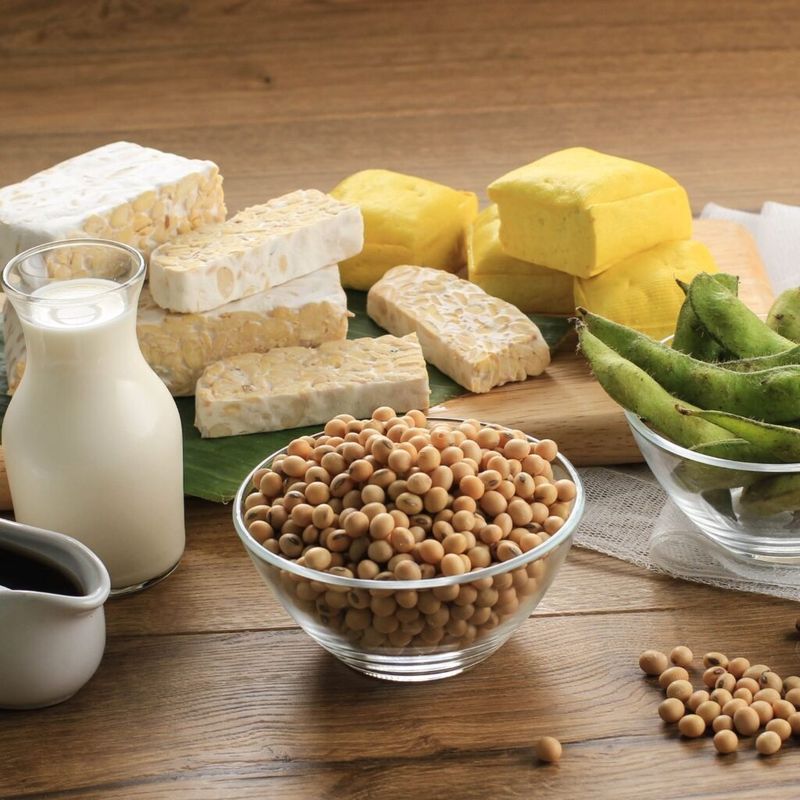
Gluten-free cookies, pasta, and bread don’t magically transform into health foods! Unless you have celiac disease or gluten sensitivity, going gluten-free offers no proven health benefits.
Many gluten-free processed foods contain extra sugar, fat, and additives to improve texture and flavor. They’re often lower in fiber and nutrients than their wheat-containing counterparts. The gluten-free health halo? Mostly clever marketing!
12. Milk Is Essential For Strong Bones

Got milk? You might not actually need it! The dairy industry’s powerful marketing has convinced generations that milk is the calcium gold standard, but this claim doesn’t hold up under scientific scrutiny.
Countries with the highest dairy consumption often have the HIGHEST rates of osteoporosis. Leafy greens, fortified plant milks, and other foods provide plenty of calcium. Exercise and vitamin D play equally important roles in bone health.
13. Margarine Is Healthier Than Butter
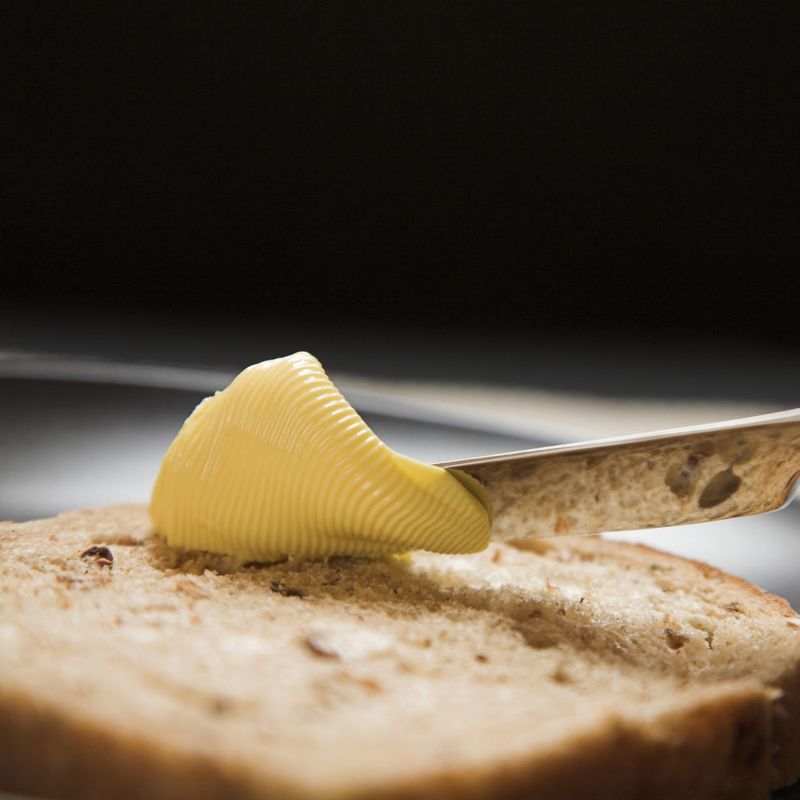
The butter-versus-margarine debate has more plot twists than a soap opera! Initially marketed as heart-healthy, many margarines contained dangerous trans fats that were worse than saturated fat.
Modern margarines have improved, but they’re highly processed foods with questionable additives. Meanwhile, butter—consumed in moderation—provides fat-soluble vitamins and natural compounds. Neither deserves absolute “health food” status, but butter’s simplicity has newfound appreciation.
14. Eating Turkey Makes You Sleepy

Blame the Thanksgiving nap on turkey’s tryptophan? Not so fast! While turkey does contain this sleep-associated amino acid, it doesn’t have more than chicken, beef, or other proteins.
The real culprits behind holiday drowsiness? Massive portions, high-carbohydrate sides, alcohol consumption, and the energy your body expends digesting a feast. Your turkey sandwich lunch doesn’t make you sleepy because you’re not eating the entire bird!
15. All Fat Is Bad For You
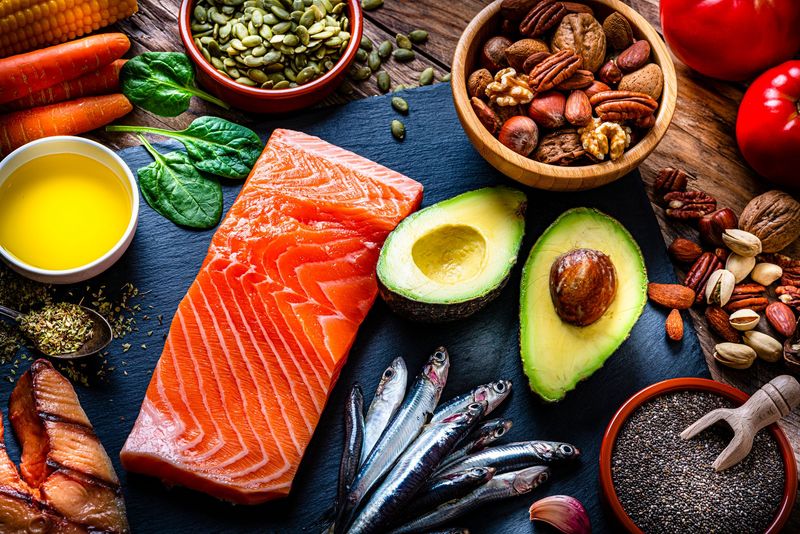
Remember the low-fat craze of the 90s? What a nutritional plot twist when researchers discovered that certain fats are actually essential for health!
Avocados, nuts, olive oil, and fatty fish contain heart-protective monounsaturated and omega-3 fats that reduce inflammation and improve cholesterol profiles. These healthy fats help absorb vitamins and keep you feeling satisfied longer. The real villains? Trans fats and excess saturated fats.
16. Chocolate Causes Acne Breakouts
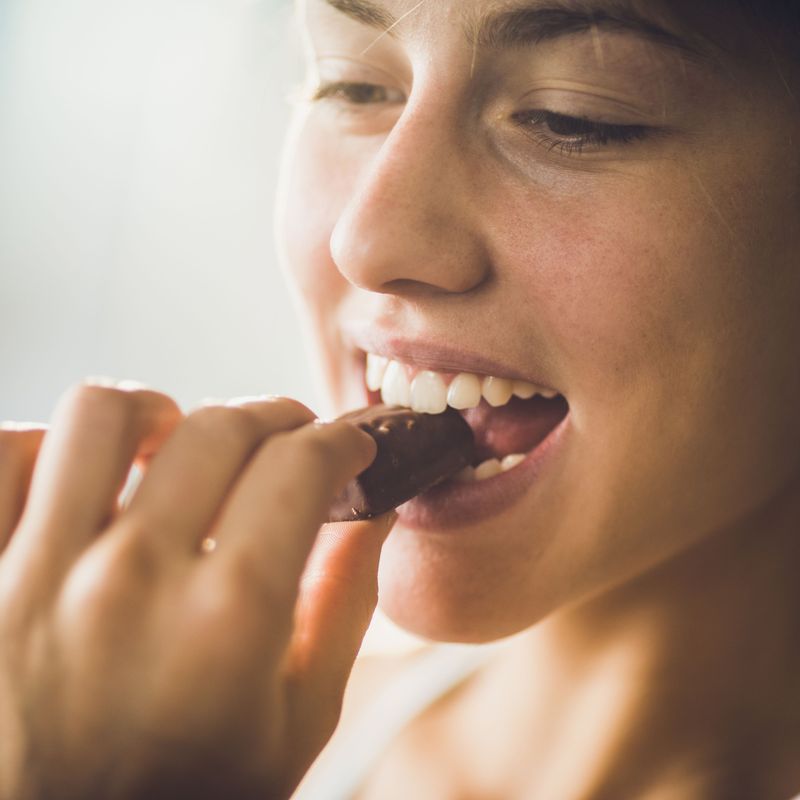
Chocolate lovers, rejoice! That pimple after your chocolate binge is likely coincidental, not causal. Numerous studies have failed to find direct links between chocolate consumption and acne.
High-sugar diets and dairy may influence breakouts for some people, but cocoa itself isn’t the culprit. Dark chocolate with minimal added sugar might even offer skin benefits through antioxidants. Your face doesn’t keep a chocolate scorecard!

